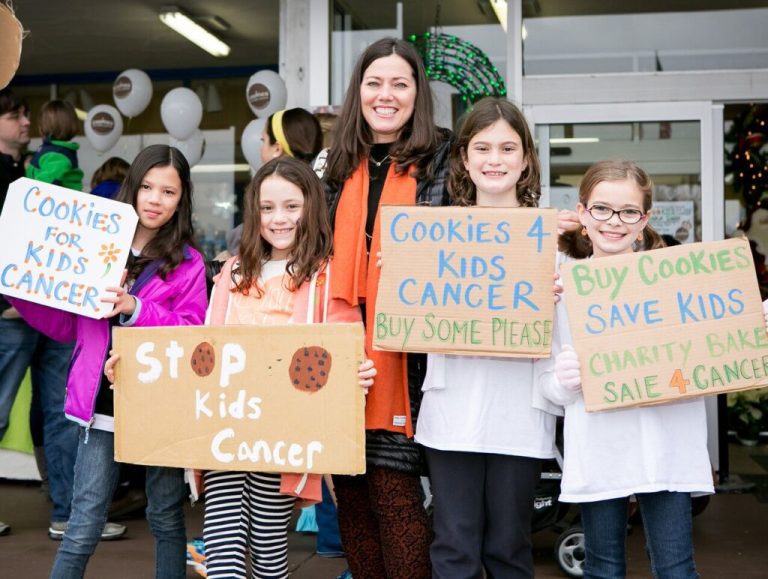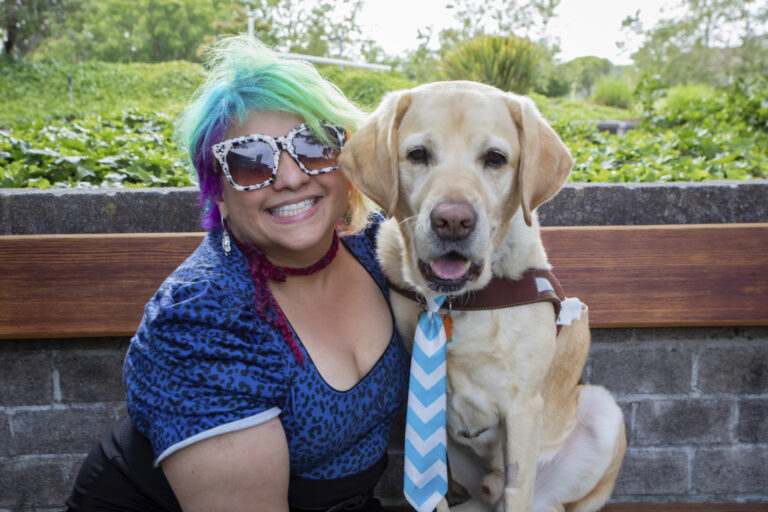Ever told yourself you’re too old to do something? That kind of discouraging self-talk is common at any age: Many of us convince ourselves it’s too late to learn a new technology at 70, start weight lifting at 60, or change careers at 35. But where do those thoughts come from? And should we listen to them?
As you may already suspect, negative beliefs about our own aging are often the result of societal messaging we’ve been receiving since childhood, and don’t necessarily reflect our individual abilities. What’s more, research shows that — at least to an extent — viewing getting older through a positive lens might be a self-fulfilling prophecy. The more we think about aging as a wonderful experience, the better our health may be, potentially lengthening our lifespan.

“Research has suggested that people who adhere to ageist stereotypes could have shorter lives, although the controlled studies on this have yet to be done (for obvious reasons),” Susan Whitbourne, adjunct professor of gerontology at the University of Massachusetts, Boston, told Nice News. “However, there is evidence that people who internalize ageist views are more likely to rate their mental and physical health as lower than people who avoid falling prey to these stereotypes.”
Below, we’ll break down what self-directed ageism is, make the science-backed case for embracing every birthday with positivity, and offer some words of wisdom from Whitbourne on how you can put that mindset into practice.
The Impact of Internalized Ageism
There’s actually a technical term for writing yourself off under the guise of “I’m too old”: internalized ageism. That verbiage inherently suggests that these negative beliefs aren’t our fault. After all, we’re exposed to harmful cultural messaging about older people from an early age — from the grandparents in Charlie and the Chocolate Factory, who rarely leave their bed, to the Evil Queen in Snow White and the Seven Dwarfs, who transforms into an old hag to offer Snow White the poisoned apple.
One study revealed that adults 50 and older are only depicted in a positive light 72% of the time in stock media images online (compared to a massive 96% for those 49 and younger), and another identified age discrimination in children as young as 6 years old.

Throw into the mix abundant ads for anti-aging products and ageism in the workplace, and it’s no wonder we dread admitting to ourselves how many years we’ve racked up. “It is very difficult not to take personally the messages that are so widespread in the media, from stereotypical portrayals in TV, films, jokes, and even ‘over-the-hill’ birthday cards,” Whitbourne said.
But shedding these beliefs is entirely possible (we’ll get to that in a bit), and there’s plenty of incentive to do so. For one, a study published by the American Psychological Association showed that participants who viewed their own aging in a positive light lived 7.5 years longer than those with less favorable perceptions — a result thought to be partially caused by their will to live. The authors noted that this increase in longevity is even more significant than the years gained from low blood pressure or cholesterol, a lower BMI, abstaining from smoking, and regular exercise.
Not only could rejecting ageism extend your lifespan, but it may also help keep your brain in tip-top shape during your later years. In 2018, researchers studied people with the ε4 variant of the APOE gene, one of the strongest risk factors for dementia. They found that those with positive beliefs about aging were nearly 50% less likely to develop dementia than the group with negative perspectives. And for folks with mild cognitive impairment, a common type of memory loss, one study demonstrated that they were 30% more likely to recover their cognition if they’d absorbed positive views on aging from their culture.
The benefits don’t end there, though. If you’re worried about having a stroke or developing diabetes, cancer, or heart disease, a 2022 study addressed these conditions in one fell swoop, revealing that positive attitudes around aging may reduce your risk. It also uncovered that participants who maintained those glass-half-full beliefs were more optimistic with a stronger sense of purpose, and less likely to be lonely and depressed.
“There’s a connection between mindsets and health behaviors,” the study’s senior author, Eric Kim, said in a news release at the time. “One leads to the other.”
How to Embrace Aging With Joy
It may sound intimidating to reverse a lifetime’s worth of internalized negative beliefs about growing old — but the first step, Whitbourne says, is to pay attention to how you think and speak about entering your later years. “Most importantly, question your own views about aging and how many of them are shaped by society’s ageist assumptions,” she advised. “Check out the way you speak about aging and whether you communicate pessimism about the future, make jokes about aging (and its effects on you), assume that you can’t do things because you’re ‘too old,’ and feel that there’s nothing you can do to alter the effects of aging on your health.”

Psychologist Becca Levy’s ABC method can help you put this into practice: To start, increase Awareness by writing down the first words or phrases you think of when you imagine an older person. Next, place Blame where blame is due by identifying the real source of any negative beliefs (which might be a TV show or skin care company, like we mentioned earlier). Finally, Challenge those assumptions about aging, which could mean learning more accurate information or calling out bias when you see it in real life.
And once you’ve done the work, Whitbourne recommends recognizing your achievement and giving yourself a pat on the back — because remember, cultivating positivity is a key part of the process. “Take stock of how you’ve improved over the years, including how much wisdom you’ve gained and how much you’ve been able to accomplish,” she said. “People who age successfully tend to focus on the positive and, even if changes have occurred, manage to incorporate them into a sense of their own identities as competent, cared about by others, and adaptable.”
RELATED: “Tip-of-the-Tongue” Phenomenon Increases With Age, but Might Not Indicate Cognitive Decline












